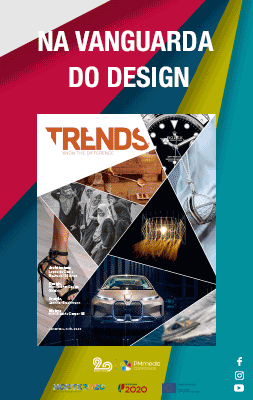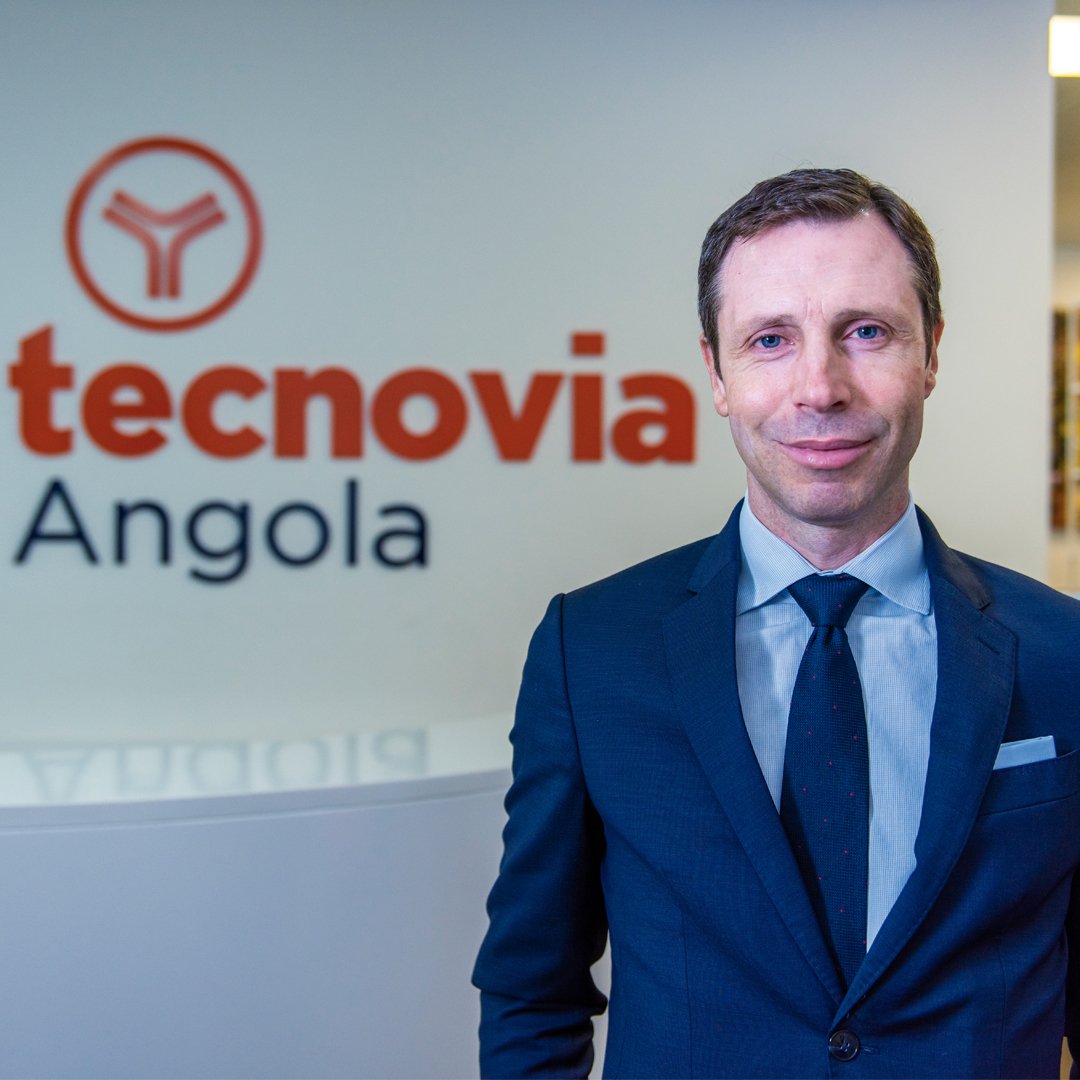What are the main challenges in managing intergenerational teams?
This is an extremely important and complex topic. To sum it up, it’s important to understand and accept the particularities and differences of each generation, to accept that this is something that exists in the present and is not just a concern for the future. Once we understand what unites and divides the various generations, we have to create a culture of respect, where we bring out the best in each of them, accepting the advantages and disadvantages of some compared to others. I believe that it is essential to adapt the way we communicate, because we are not dealing with a one size fits all model. In the same way, we need to create a culture of openness, involving employees from different generations at the same levels of responsibility (hierarchies). This will speed up the process of generational integration.
How can you promote happier environments within the organisation?
I would say it depends entirely on the employees’ willingness and their personal development. A good part of the day is spent in the workplace and, in this sense, promoting a good working environment, with positive energy, good morale and what I usually call «formal relaxation», makes every day a pleasant day to be productive.
Treating each employee as a person, as a member of the team, makes for a personal touch that often goes beyond the salary issue. We all like to be treated in a special and unique way, in fact, this is the spirit that comes from the family structure still present in our group, and which we make a point of preserving through small gestures that make all the difference. This is where soft skills come into play, which, combined with good management of emotional intelligence, result in a motivating and pleasant environment.
You are of Portuguese background, but you are currently living in Angola. What has the country taught you?
Although there are very strong cultural ties between the two countries, Angola has some very interesting characteristics that are unique to African countries. These characteristics take some getting used to (especially for those who come from other continents), but when they are understood, they offer a unique range of experiences, which, when combined with a Portuguese education (in my case), enrich your life experience.
The daily greeting, the formal manner in which people deal with each other and respect for elders are, as an example, characteristics/values that prevail in Angola and that I greatly appreciate. Resilience, which is essential for success, and managing expectations and anxiety are skills that I have learnt and developed here. I have had the privilege of being very well received by Angola and the Angolans, a country and people that I hold in great esteem. In my opinion, respect is the basis for any relationship, as is the willingness to adapt to any environment.
What would you say to the person you see in the mirror?
The person I see in the mirror believes that nothing is impossible and that if you dream and plan your dreams, you can achieve your goals. This person also believes and recognises that nothing can be achieved alone. I can say that I owe what I am to my family and the teams that support me and work with me every day. The education provided by my parents, the unconditional and permanent support of my wife and the work of my teams are factors that make me feel proud and privileged.
That’s why I see the burden of responsibility in the mirror and the duty to make the most of each day to do something different and worthy of the responsibility I have been entrusted with.






